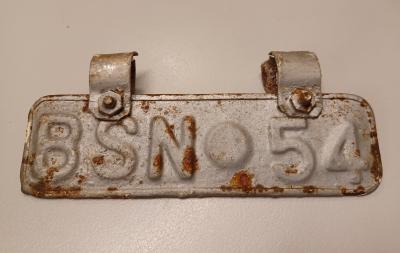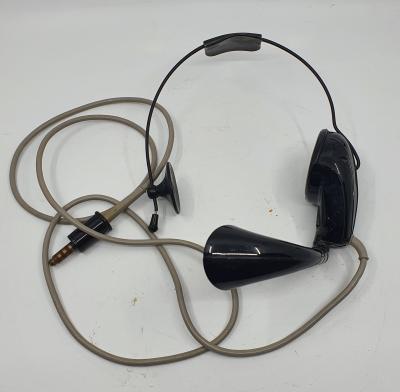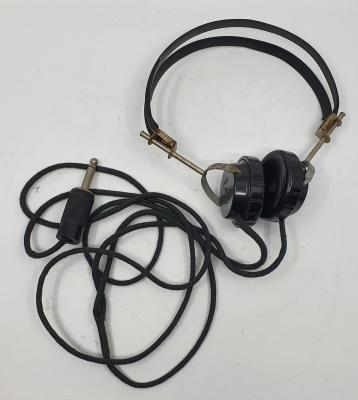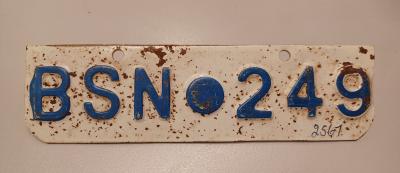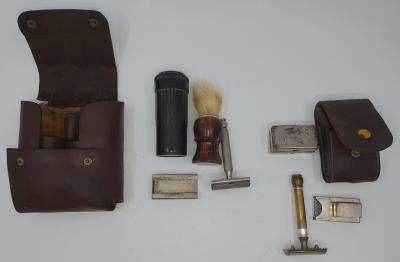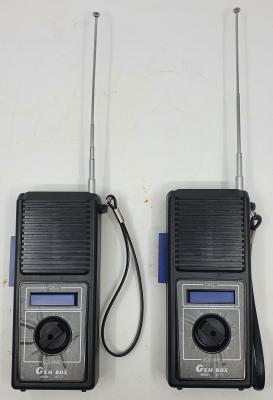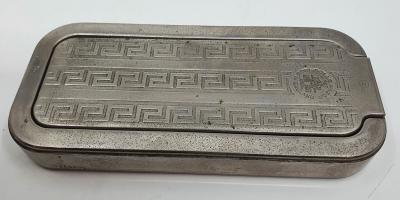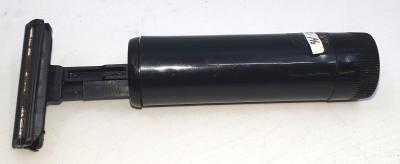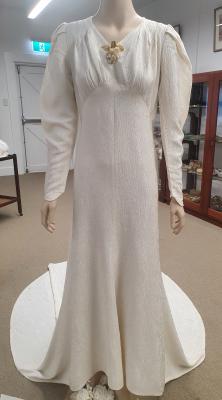Three Furrow Mouldboard Plough
c. 1920This is a three furrow Mouldboard Plough c1920 that was used by local farmers from the early 1920s and would have been popular with the Group Settlers. It would have been pulled by 2 horses or bullocks and in later years by a tractor to prepare cleared land for crop planting. The farmer sat on a seat at the rear of the plough providing weight to keep the plough heads in the ground.
The term ‘mouldboard plough’ describes an implement that cuts soil, lifts it, and turns it at least partly upside down by means of a curved plate, or mouldboard
The precursor to the modern mouldboard plough was invented by Thomas Jefferson, of Virginia, USA, around 1790, after he had observed European plough designs. He first designed and tested a wooden mouldboard that could be duplicated easily. By 1814 he had them cast in iron, and they soon became known throughout North America and Western Europe.
In 1837 John Deere, of Vermont, USA, invented the modern mouldboard plough, in Grand Detour, Illinois, using smooth, self-cleaning steel for the mouldboard rather than cast iron. By 1847 his company was manufacturing more than 1000 ploughs per year, and his Moline Plow Works factory was producing 75,000 per year by 1875. This basic design is still being manufactured today, although with numerous improvements.
Details
Details
It was once believed that to grow crops regularly in less-fertile areas that the soil must be turned to bring nutrients to the surface. A major advance for this type of farming was the mouldboard plough which was introduced in the 18th century. However, this hero of the past has now become the villain of today, blamed for alarming rates of erosion of precious farm topsoil, and farmers are abandoning it in droves.
Other items from Busselton Historical Society
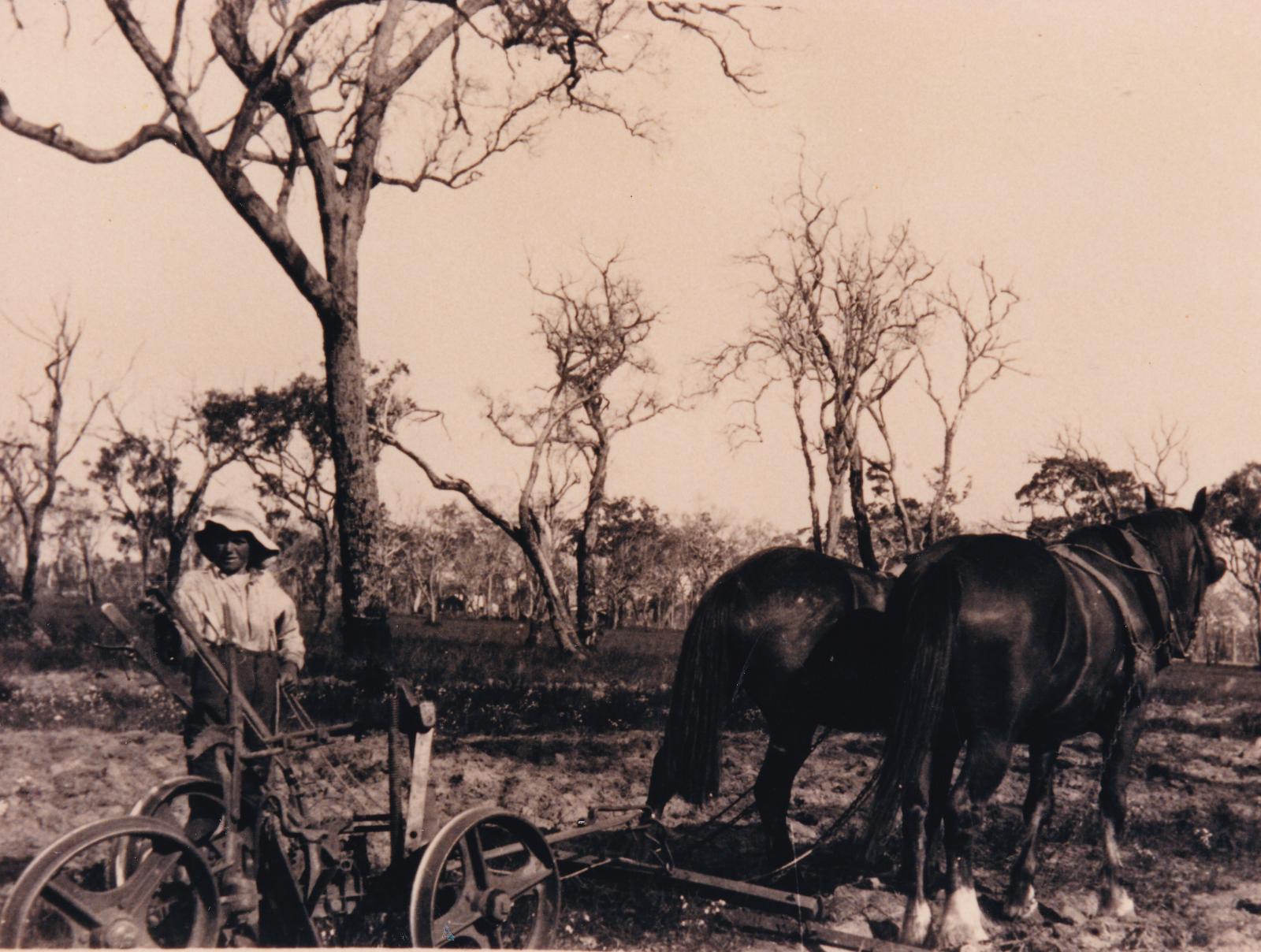
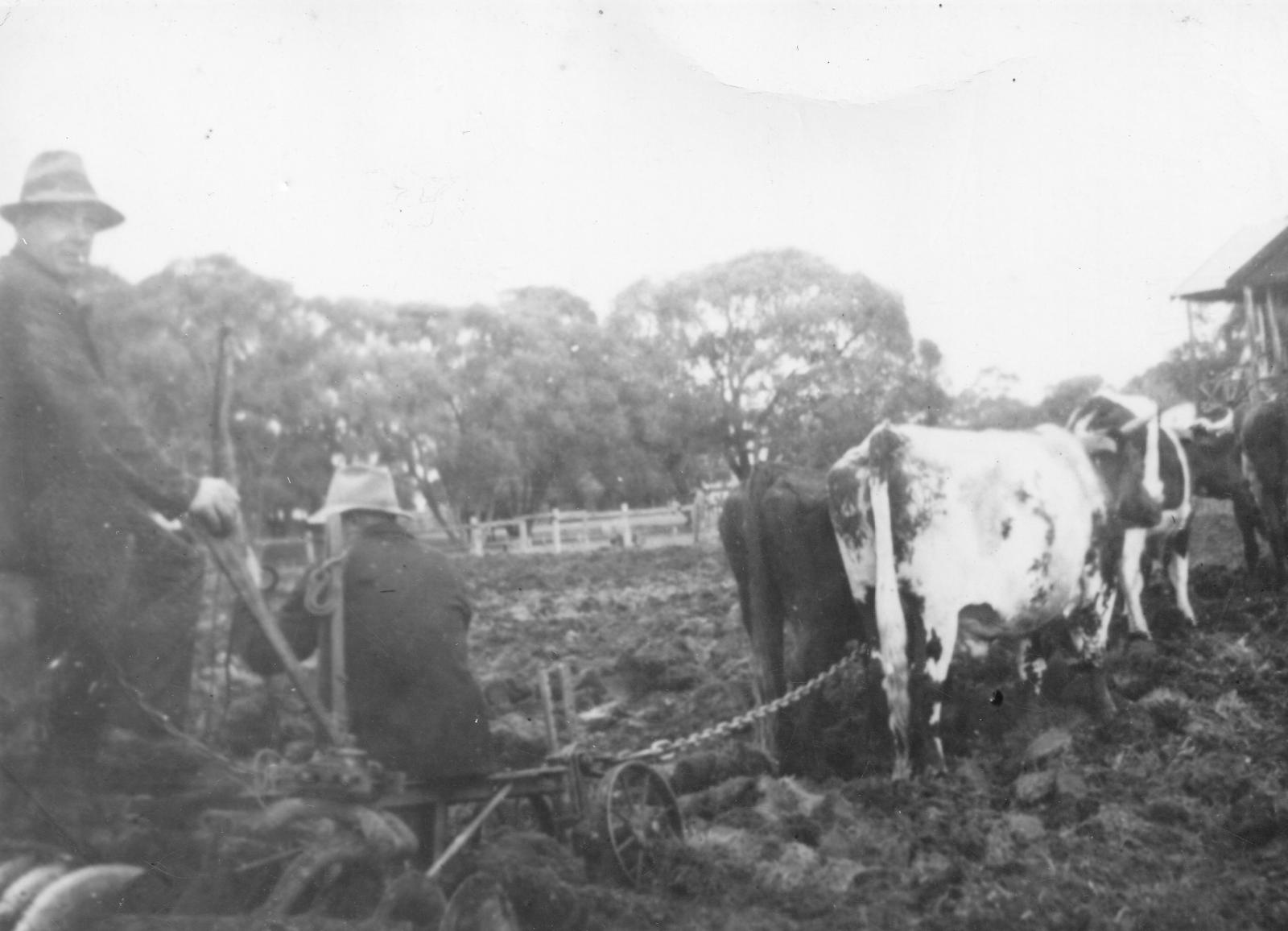
Scan this QR code to open this page on your phone ->

